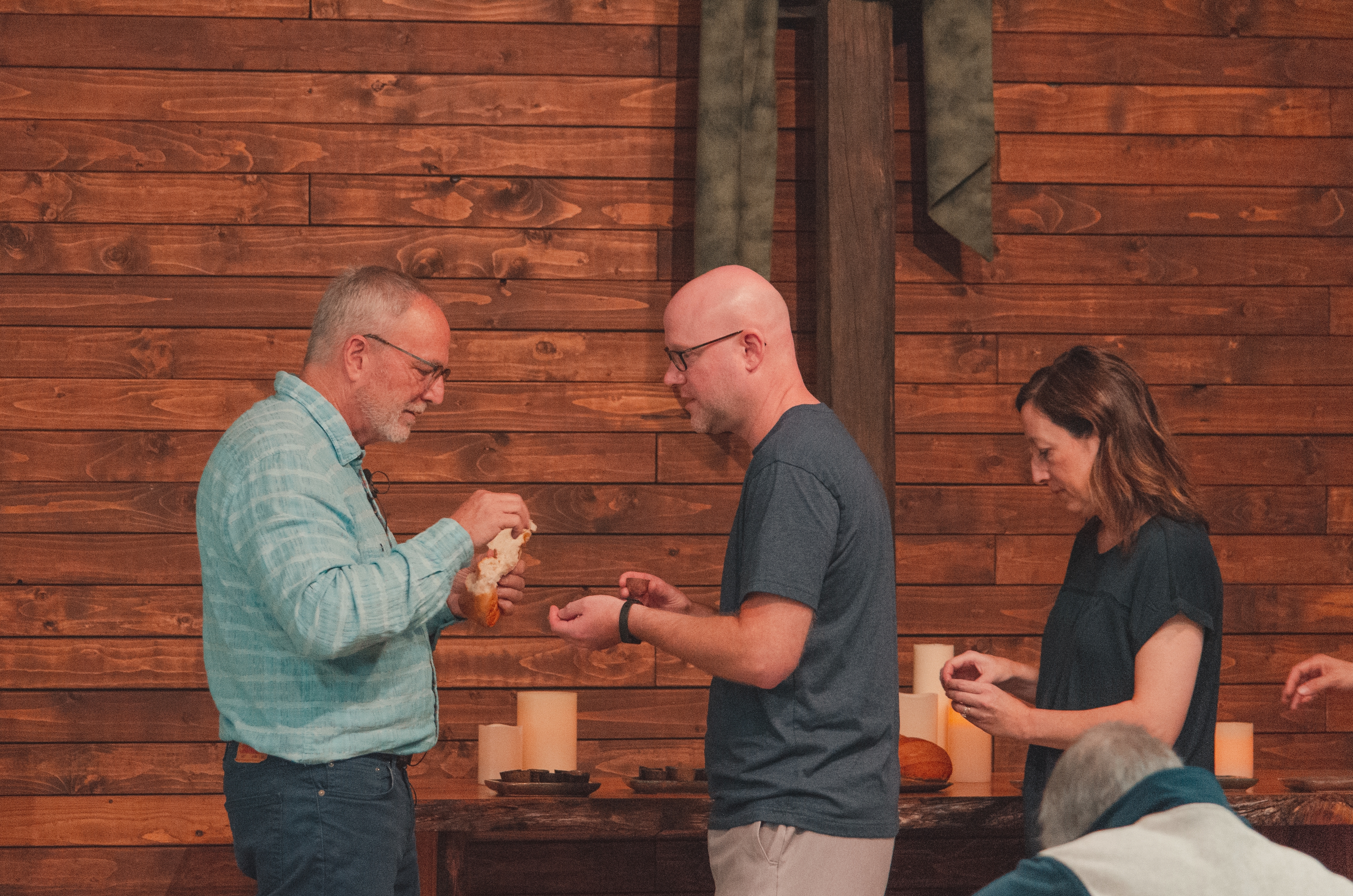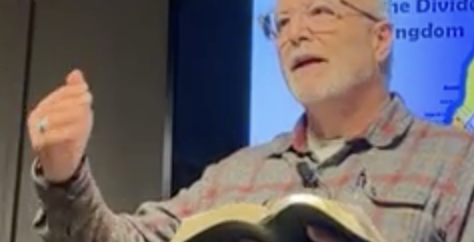About Us
At The Chapel at Tinkers Creek, our primary goal is to learn to love God and love each other.
After all, this is what Jesus said were the 2 most important commandments. Together they encompass our -“Up” (Worship), our “In” (building a true spiritual community), and our “Out” (reaching out to our surrounding community).

Our Values
Our Core Values have remained the same since we started over 20 years ago. Every January we review them in our services. They’re not the kind of things you “finish”. They’re more a roadmap of where we intend to go.
Simplicity
We believe in a few well-chosen, planned, and promoted activities with time in between for rest, reflection, and pursuing organic relationship with God and others.
Authenticity
We believe authenticity (honesty about where we are) is the first step in learning to better love God and others. Grace frees us not to pretend.
Specificity
We believe each member of the body is equipped to serve the other members with unique experiences, skills, gifts, and passions.
Continuity
We believe that Scripture is one continual story of a relational, triune God pursuing relationship with humankind. We are learning to see this story as it unfolds in 4000 years of human history. All those little stories in the Bible point to 1 big reality.
Simplicity
We believe in a few well-chosen, planned, and promoted activities with time in between for rest, reflection, and pursuing organic relationship with God and others.
Authenticity
We believe authenticity (honesty about where we are) is the first step in learning to better love God and others. Grace frees us not to pretend.
Specificity
We believe each member of the body is equipped to serve the other members with unique experiences, skills, gifts, and passions.
Continuity
We believe that Scripture is one continual story of a relational, triune God pursuing relationship with humankind. We are learning to see this story as it unfolds in 4000 years of human history. All those little stories in the Bible point to 1 big reality.
Our Beliefs
This will give you an overview of what we consider to be important doctrines. We try to major on the major themes of the Bible and encourage charitable disagreement on smaller issues that are not as clear. We won’t all agree on everything. But there are a few things that are essential.

The Word of God
We believe the Scriptures of the Old and New Testaments are the inspired Word of God (2 Peter 1:21-22), inerrant in the original writings, complete as the revelation of God’s will, and the supreme and final authority for church life.
The Trinity
We believe in one God, Creator and Sustainer of all things, eternally existing in three persons, Father, Son, and Holy Spirit; that they are equal in every divine quality, and that they perform distinct yet harmonious roles in the work of creation, providence, and redemption (Matthew 3: 16-17, 28:19-20)
God The Father
We believe in God the Father, an infinite, timeless, personal Spirit, perfect in holiness, wisdom, power, and love. (Romans 8:15-16). Though transcendent above us, He concerns himself mercifully in the affairs of men and women, hears and answers prayer, and saves from sin and death all who come to him through Jesus Christ.
Holy Spirit
We believe in the Holy Spirit, his personality and his work in regeneration, sanctification, and preservation (Ephesians 1:13). His ministry is to glorify the Lord Jesus Christ and implement Christ’s work of redeeming the lost and empowering the believer for godly living and service. We do not believe the Holy Spirit comes and goes, but that His indwelling continues unabated in every true believer. We can grieve the Spirit, but not send Him away (Ephesians 4:30).
Humanity
We believe God created humanity, male and female, in the image of God and free from sin. We further believe all persons are sinners by nature and choice and are, therefore, spiritually dead (Romans 3:23, Ephesians 2:1-2). We also believe that the Holy Spirit regenerates those who repent of sin and trust Jesus Christ as Savior.
Salvation
We believe in salvation by grace through faith in Jesus Christ. This salvation is based upon the sovereign grace of God, and was purchased by Christ on the cross, and is received through faith apart from any human merit, works, or ritual (Ephesians 2:8-10). We believe salvation results in righteous living, good works, and concern for the helpless and oppressed.
The Church
We believe that the church is the spiritual body of which Christ is the head and author, and is composed of all persons who through saving faith in Jesus Christ have been regenerated by the Holy Spirit. This body expresses itself in local assemblies whose members have been immersed upon a credible confession of faith and have associated themselves for worship, instruction, evangelism, and service (Ephesians 4:11-13). The ordinances of the local church are baptism by immersion (Matthew 28:19, Acts 8:38-39) and the Lord’s Supper (1 Corinthians 11:23).
Sanctification
We believe that the path to maturity as a believer in Christ is a long, slow obedience that is measured in progress over years rather than models of growth that promise instant or miraculous change attained in particular spiritual techniques (2 Peter 1:5-9). While growth produces life change and deeper character and obedience, not all change is outwardly visible or measurable by objective standards of accomplishment.
Last Things
We believe Jesus will return to this earth near the end of time as the culmination of His kingdom on earth (2 Peter 3:13-14). We believe that at the end of time, God will summon a bodily resurrection of the saved and lost to a final judgment (Romans 2: 5, Hebrews 6:2). We believe in rewards, and punishments, and the eternal joy of the redeemed in regenerated bodies in heaven, as well as the eternal destruction of the lost in hell (Revelation 20:11-15). The eternal state of new heavens and the new earth will be the final triumph of the kingdom of God, and the end of the rebellion initiated by Satan and his followers (Revelation 20:10).
Philosophy of Ministry
Concerns Affecting Philosophy
- We must be careful not to use church activities to avoid felt emptiness, which is necessary fuel for developing a deeper relationship with God and others.
- In a similar way, church activities must not be merely a safer alternative to pursuing organic and more mature relationships in which we are loved and known, and accountable in how we love God and others.
- Biblical knowledge or ministry involvement must not be confused for godliness (which is demonstrated in how we relate to God and others, beginning with those in our primary relationships).
- Biblical knowledge or ministry involvement must not be used to distinguish ourselves from others, but only as a means to love God and others quietly and humbly.
FAQ’s
These might help you get a better feel for who we are...
What’s your worship style?
We call it acoustic folk. It’s a mix of old hymns and newer choruses. We use guitar, cello, oboe, and some hand percussion.
Do you take the Bible literally?
Where the Bible is written historically, we take it as historically true. But the Bible is a mix of genres including law, poetry, history, prophecy, letters, allegories, parables and sermons. We interpret each section in its context. While the literal meaning is always important, it wouldn’t be helpful to interpret figurative or poetic language literally. So when Jesus says to cut off your right hand, we don’t take that literally. He’s making a strong point, so we take that point seriously.
Are you connected with other Chapel churches in the Akron area?
Yes and No. We have no formal governing or financial connections. Each church in The Chapel “family” of churches has its own distinct tone and emphasis. But we have similar doctrine, and a similar heritage.
Do you baptize?
Yes, we baptize by immersion. We borrow the pond of one our members which limits us to mostly summer months. If you’ve been baptized in another church, we don’t require you to be re-baptized unless, for some reason, you want to. We don’t baptize babies, but we do have a simple dedication ceremony. We think baptism works best when the person understands what they’re choosing.
Do you have altar calls or invitations at the end of a service?
Not usually. Sunday services are primarily for the building up of people who have already chosen Christ. But we want to be understandable to people at various stages of their spiritual journies. Every once in a while you’ll be challenged to make some kind of change or commitment in that journey.
Why do you point at the walls when you preach as if there’s something up there?
That’s what we call Four Corners. Just a little way to keep track of 4000 years of history. See, the Bible people didn’t all live in the same period wearing bathrobes and towels on their heads. Abraham lived around 2000BC so he’s in the first corner. King David was 1000 years later at 1000BC. Then you have Christ in the middle at roughly 0. The Crusades occurred about 1000AD and then that brings up back to today at 2000AD. Each wall of the room represents 1000 years. It’s just a way to see the story as one big story and to see ourselves in the story. We place everything where it fits on the wall.
Do you take political stands or talk about politics?
No. We do try to understand each other, but we have people with very different political views who still learn to worship and serve together. In the end, our hope is not based on better politics, but on living out the kingdom of God.
What about Communion?
We receive the Bread & Cup every week in remembrance of Jesus’ death and resurrection which changed the course of history and gives hope for life beyond this live alone. As long as you’re a Christ-follower, you’re welcome to take Communion even as a guest.
What’s your question?
Email Pastor Dave at dmcclellan@tinkerscreek.com
Worship Services
It’s hard to really capture a live event with a camera. But here’s a sampling of our recent services.




